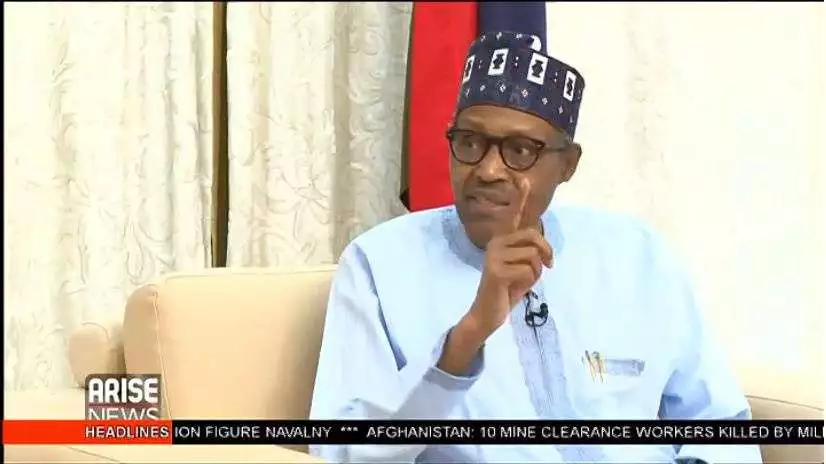The federal government has given commercial banks in the country with investments in some power distribution companies, Discos 12 months to sell of their shares. The banks have up to 60 percent equities in the said power firms.
The banks have now been given a one year ultimatum to find new serious investors to buy the shares.
The ultimatum came as the Buhari administration ramp up efforts to restructure the power sector due to their abysmal delivery of service to Nigerians.
Speaking on the issue, the Minister of Power, Abubakar Aliyu said banks have “no business of providing electricity” adding that some banks have been directed to sell off their shares in six power distribution firms.
Aliyu spoke in Abuja at the 11th edition of the ‘PMB Administration Scorecard Series (2015-2023)’ organised by the Federal Ministry of Information and Culture.
Noting that the directive is in line with the federal government’s efforsts to restructure the sector, the minister named the affected power firms to include; Abuja, Kano, Benin, Kaduna, Ibadan and Port Harcourt Discos.
Aliyu, who gave the ultimatum, said the government was monitoring the operations and divestment process of the six DisCos to ensure compliance with the core objectives of restructuring the power firms, adding that the fedr6eal government is determined to put the Discos o their feet.
He said the government sacked the previous core investors to make them more responsible, adding that the government was determined to put the DisCos on their feet.
He said the federal government had earlier sacked the previous core investors due to poor performance and constituted new boards and management to run them.
He said, “For the benefit of the doubt when I say we have restructured the Discos this is just saying it mildly.
“Restructuring means that we have sacked the core investors. We have sacked the management and allowed the lenders to take over.
“Either banks or the Asset Management Corporation of Nigeria (AMCON) hold the franchise.
“So the banks have taken over 60 per cent ownership. We have allowed the banks, the Bureau of Public Enterprises (BPE) and the Central Bank of Nigeria (CBN) to take control.
“The lenders provided the chairmanship of the Discos. The BPE provided part of the management, including the managing directors and then the CBN provided the chief financial officer (CFO) and the auditor.
“So this is the position we are now with the six discos. They are Abuja, Kano, Kaduna, Benin, Ibadan and Port Harcourt. One may ask why only six? What about the rest?
“You know we have 11 of them. Three out of the 11 Discos are performing well, that is two in Lagos and one in Enugu. They are not doing badly.
“Jos Disco was re-concessioned in 2022 and Yola was re-concessioned last year. These two Discos are working very hard to improve. So we have to give time to settle down.
“In a way, we have restructured the whole of the 11 discos in one way or the other. Now, it is to help them since we have made them more responsible. We are trying to help them to get on their feet.I hope and it is not going to be forever because banks are not in the business of providing electricity.
“So we have given them six months to one year to find someone serious to sell their 60 per cent equity to those in the business of electricity. This is the situation now and we are monitoring,” the minister said.
Discover more from The Source
Subscribe to get the latest posts sent to your email.








